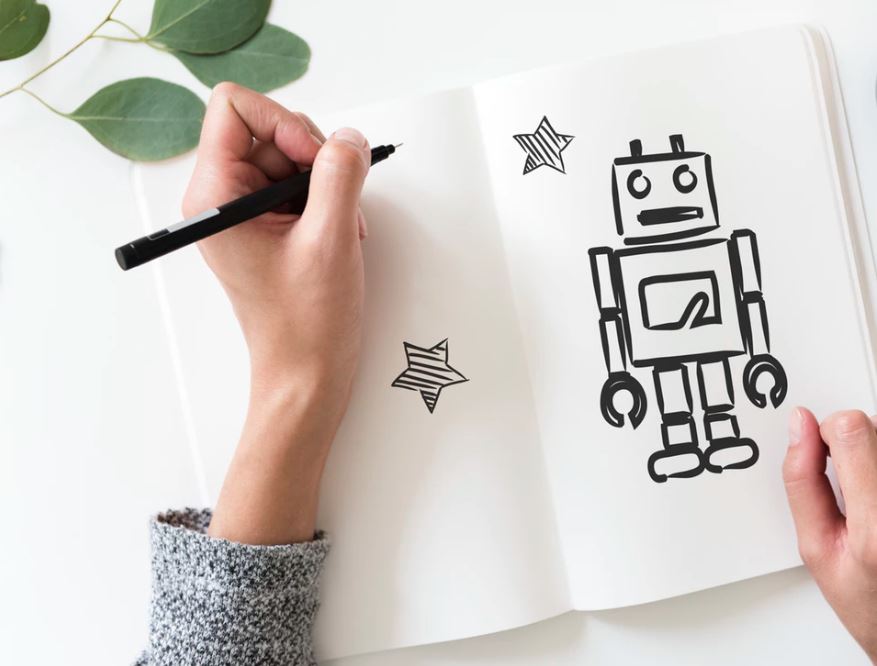Many students choose to work during their studies as education costs seem to rise every year. However, when it comes to the interview process, students are making some common interview mistakes that are costing them jobs.
Around 10 years ago, with fewer sources of information available, many students with no experience had to convince their employer that they deserved to be hired. It was a lot more difficult as they did not have easy access to advice and information. Now, however, no one should be an interview beginner in the true sense of the word. There is a lot of information and recommendations on how to behave in the interview and how to answer the questions of a recruiter. So avoid these beginner mistakes, whether you’re at your first interview or you already have a lot of experience.
One of the most important lessons we have to learn about job interviews is that the recruiters in front of us are just normal people like you and me. Of course, they have quite a lot of authority in this context as you are looking for a job in their company, but it should not be forgotten that the interview is, in fact, an open discussion. As long as you actively participate in it and answer honestly, you have a great chance to leave a good impression. If this knowledge does not settle your nerves, then the advice below should help you to feel better prepared and therefore more confident.
Be aware of nonverbal language at your job interview
Very few candidates are thinking about this when they go to a job interview. Our non-verbal language, however, says a lot about a person. It can reveal how passionate you are about being a part of the team, or whether you are being truthful with your answers.
Simple positioning or mimics of the face often leave room for interpretations and when you’re feeling nervous you may start displaying the type of body language you actually want to avoid in the recruiting process. For example, crossing your arms is defensive behaviour, the constant need to touch your face or ear suggests that you are hiding something. Unfortunately, it is very difficult to control nonverbal language and micro-expressions, so you have to pay special attention to your outfit, posture, the way you position yourself and your facial expressions. You don’t want to be interpreted in the wrong way.

Be forthcoming with your answers
If the interviewer does not specifically ask you to answer a one-word question, you have to assume that longer answers are indicated. Of course, you do not need to deliver an entire monologue every time, but it’s important to have a coherent speech about your skills, experience, industry and the job you are interviewing for.
For those who want a little more support with their interviews, you can find expert assignment help at UK Edubirdie. All you need to have is a couple of minutes available. Also, if you want to have a better idea of what will happen in a job interview you should check this.
Prepare your own questions
It is also essential that you prepare to ask your own questions. These may concern details about the job or about the company. Asking questions shows the recruiter that you are really interested in the position and, secondly, provides you with more information that will help you decide whether the job is the right fit for you.
Don’t rush
Another common interview mistake that students make is to rush when you are talking in an interview. Our nerves can often make us get carried away. Whatever the interviewer tells you, do not rush to question or contradict them.
Be positive
In general, don’t bring any negative elements in the interview as it will reflect on your personality. Find the positive side of all the things you are talking about. You also need to remain an open person and do not lie in any form and under any circumstances. Your employer must have trust in their future employee. Otherwise, they will not be able to build any relationship with you.
Your attitude during the interview will influence the employer to decide whether to hire you. If you answer briefly and without enthusiasm or you don’t ask questions when it’s your turn, they may perceive that you are not that interested. This kind of interaction will reduce your chances of being selected.
Don’t turn the interview in a discussion about you
It is natural to be interested in the salary level, the reward system, or other benefits that you will be given if you get the job. However, it is not advisable to discuss the salary and insist on it too much during your first meeting – you will have an opportunity to negotiate later if needed and to accept a deal which both parties are happy with.
Bringing it altogether
The most important thing that you need to do is to relax and be honest. You can handle all the interviews in the world with preparation, but the most important thing is to believe that the job is what you want and the rest will be a lot easier.

About the Author
Alyssa Johnson has a PhD in recruiting and communication domain. She decided to help others understand what they need to do during their interview since she was a student. As she had the same questions and nobody near her at that time, she wanted to create a simple perspective of the HR domain and recruiting process for any persons interested in getting a job.
